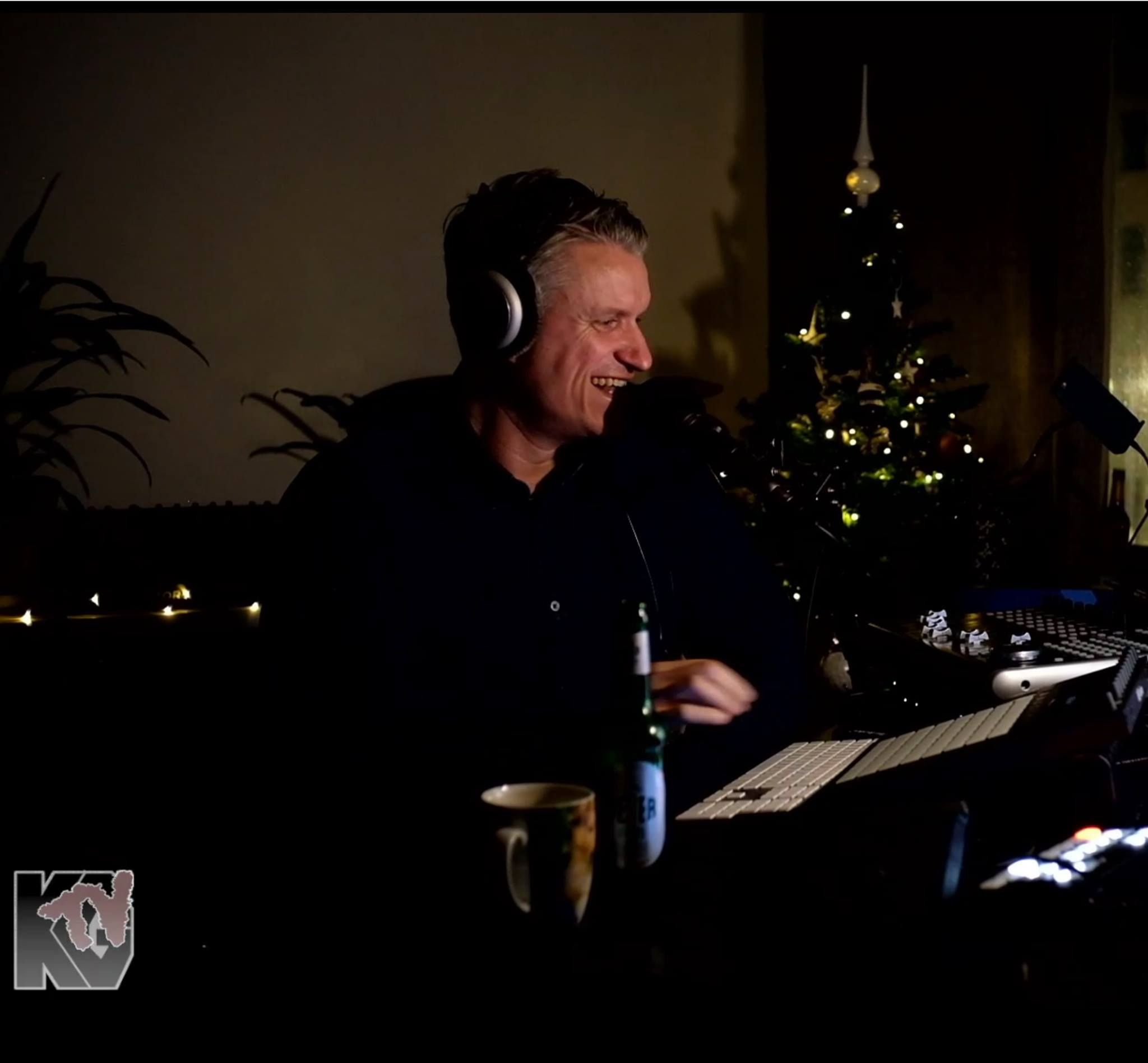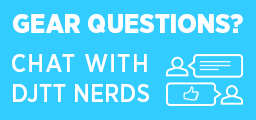2020 was an unfathomable year by any measure for the world. For the touring DJ world, there was no exception. The exhilaration of back-to-back travel and performing in new destinations was placed on pause indefinitely due to lockdowns and the danger of coronavirus.
What followed in response to COVID-19, at the time, was unimaginable. Countries around the globe closed up their borders to visitors, and sometimes to their own citizens. According to a Pew Research Centre analysis, at least 91% of the world’s population (around 7.1 billion people), lived in countries which had restrictions on people arriving from other countries, whilst 39% lived in countries where borders were completely closed to non-citizens and non-residents.
With most clubs closed and all festivals postponed or cancelled during the last 12 months, many artists have been surviving without their primary source of income. Even pre-pandemic, stability and certainty wasn’t always easy to come by for touring DJs, and 2020 ushered those unsubstantiated aspects of electronic music to the surface.
An intense roller coaster to ride as it is, the stress of touring can be overwhelming at the best of times, let alone when it is so intrinsically tied to your job. From having to function on little to no sleep, to poor diet selections, minimal exercise and time zone inconsistencies, the energy levels of a touring artist are rarely at 100%.
Since then, artists have been recharging their batteries, optimising their health, and using this extended period of downtime to reflect and reconsider. In doing so, the pandemic has been a much-needed wake-up call for many, spurring a shift in priorities around the primary nature of touring life.
Will travel be reduced? How will mental health be protected despite industry pressures to remain relevant? What about deciding between safety and survival when choosing what gigs to accept?
Discussing why touring should be fundamentally reconsidered going forward, below, we caught up with a selection of respected tastemakers from the dance music scene including Berlin-based Aussie Juliet Fox, Berghain favourite Kyle Geiger, Swedish musician and live performer Sebastian Mullaert, Happy Camper Records creator Unders and Marbs – a co-founder behind both Desert Hearts and Desert Hearts Black.
With no touring in 2020 (and into 2021), how has its absence changed your perspective on touring going forward?
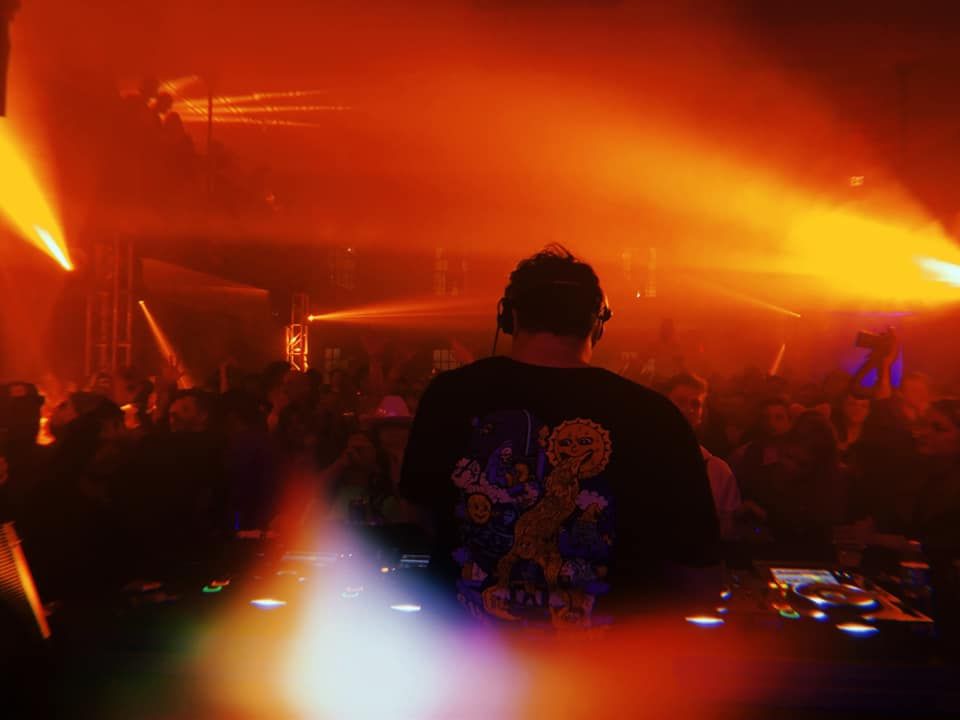
Juliet Fox: “I think it will be more limited for the foreseeable, with artists opting to play more locally, even myself, if I was offered a tour somewhere, I don’t think I would accept it right now out of respect for what’s happening, and is it really worth putting myself at risk? I’ve never been afraid of these situations before, because I love traveling and I’m sure I have friends who would let me stay with them, but you have to ask yourself: is it really necessary to put yourself in that position right now? Right now, this is the first time I’ve stayed and wanted to stay put for an extended period because I have stability and certainty where I am here in Berlin.”
Kyle Geiger: “There is still this assumption that once we are clear and free of coronavirus, you just turn on a switch and everything goes back to normal. However, I feel people will be more cautious, nightclubs will be warier… taking into account they struggled pre-pandemic too… and with debts pending and tighter budgets necessary for survival, the reality of reliance upon local talent could be the way forward.
This is a good thing though. You’re going to have some really exciting sounds coming from these local scenes… it’ll be local artists meeting up at each other’s houses, sharing their latest music and productions and really inspiring and pushing one another on a local level.”
Sebastian Mullaert: “When you tour a lot, it takes times and energy away. Balance is so key in life, and with touring, I started to wonder how can you slow this down when it helps you pay your bills? Playing gigs is essential to relevance in this industry too, and whilst there has been a healthy, important change in terms of receiving gig opportunities, there is a lot more competition these days. So, I started getting curious about generating this balance more…
Whilst the pandemic has presented its obstacles, it also opened the door to approach things in a new way. We created InBloom, our new educational online platform and this will be a permanent fixture of my balance going forward. This allows me to be more selective with my gigs, and say no to an opportunity which would prove beneficial to somebody else. I am able to be more honest with myself, and can then contribute something more balanced to the whole scene.”
Unders: “Touring was unsustainable for our health, creativity, the planet, and the example many in the industry set for their peers. The pandemic confirmed all the underlying issues with the rat race we (as a society) had seen as the norm. I will not return to the exhausting schedule of going in and out of cities every day or two, especially not hopping continents. This year has shown me, more clearly than ever, that the element of ‘chasing’ gets me nowhere, or gets in the way of enjoying the process. So many wonderful opportunities have come my way by relying on a realm of ‘trust’.”
Marbs: “This forced pause has been heart-breaking, but it’s all about perspective. When I am touring, I barely have time in the studio and life moves so fast. 2020 and 2021 have been an opportunity for me to focus my energy into all the things I run out of time for during touring. Finding balance and creativity during this time has been my main focus, exploring new horizons for my productions, and I think you can see that in my most recent release, ‘Birds on a Wire EP’. When things open back up and we start touring again, I have every intention to bring this balance and creativity with me.”
What differences have you noticed in yourself and your headspace as a result of no touring pressures last year?
Juliet Fox: Truthfully, for a short time, staying rooted in one spot made me less driven. Having those incentives to travel somewhere to perform at a show, I was a lot more inspired. Taking into account the excitement that came with touring, I could function on less sleep when I was traveling and performing in different places than now.
Currently, I feel like my body has moved into this sluggish, terrible mode, or maybe it’s the fact I stopped all traveling suddenly, and I’ve become present with my body, giving it the chance to recover from endless nights of going out, traveling and a lack of sleep. Everyone’s different, but I wasn’t very settled last year, I moved four times. There were delays with moving into my new studio space in Berlin, and I was stuck in London for a month. In your mind, you think a procedure like this will only take a couple of weeks, but with everything delayed, that prolonged process, and I couldn’t sit back, relax and make music. So, it wasn’t as straightforward for me as it was others.
Kyle Geiger: Creating a presence on Twitch [see his channel here] has really improved my headspace. It is a completely independent world from a lot of things that turn the gears from an industry perspective. It has allowed me to have fun making music again, I’m an extrovert, and being in the studio 8 hours a day, for some that’s heaven, for me it’s like purgatory. I love making music, but I love interacting with a community, and Twitch offers this hybrid between the two.
Sebastian Mullaert: It’s a very double-edged sword… it’s clear that I didn’t want to tour as much as I did, but it’s a privilege to tour a lot alongside the other blessings in my life. All of these things need nurturing though and require mindful energy. I managed this when I was touring – no alcohol or drugs, meditation and nature every day, I live a very healthy life. However, I get older every day too. You are so in that flow, and without that for almost two years… it’s hard to get back in that special energy and I’m unsure if I can do it anymore.
Moving forward, it’s about choice and how I can contribute whilst maintaining balance and being conscious of my energy. Now I’m maximising my time more, and I’m being mindful about my return on investment with the energy I inject into something.”
Unders: “For starters, I came to understand how much I enjoyed being in one place. The massive shift in slowing down, the level of grounding, focus, and space for healthy habits offered a new lens on life – I made more time for self-care. Most of our attention was focused on the outward going energy and this year has motivated many to look inwards. It’s been a year of growth on so many levels. My lens on what music I collect and produce has also shifted due to me slowing down and going through quite a few challenges. It resulted in a new series called ‘down unders’, which has been very well received, and it made me understand the more authentically I share, the more it resonates.”
Marbs: “It’s been a roller coaster for sure. Some weeks I was incredibly motivated and thankful for the time to focus on all the things I couldn’t do while on-tour. Other times it was some of the hardest weeks of my life. The stress it put our personal and business lives was volatile, but with that comes its own silver linings. I live my life with the belief that there are no negative things, only lessons. When I shifted my mental state to acknowledge that kind of perspective, my life became a lot more fulfilling and positive. I learned this long before 2020 and I’m so thankful I established that mantra into my life because it really helped me this last past year. COVID brought so much pain to so many, but even in hard times there’s positives and opportunity – it’s all about perspective and positive thought.”
When do you think clubs will reopen again, and touring will resume?
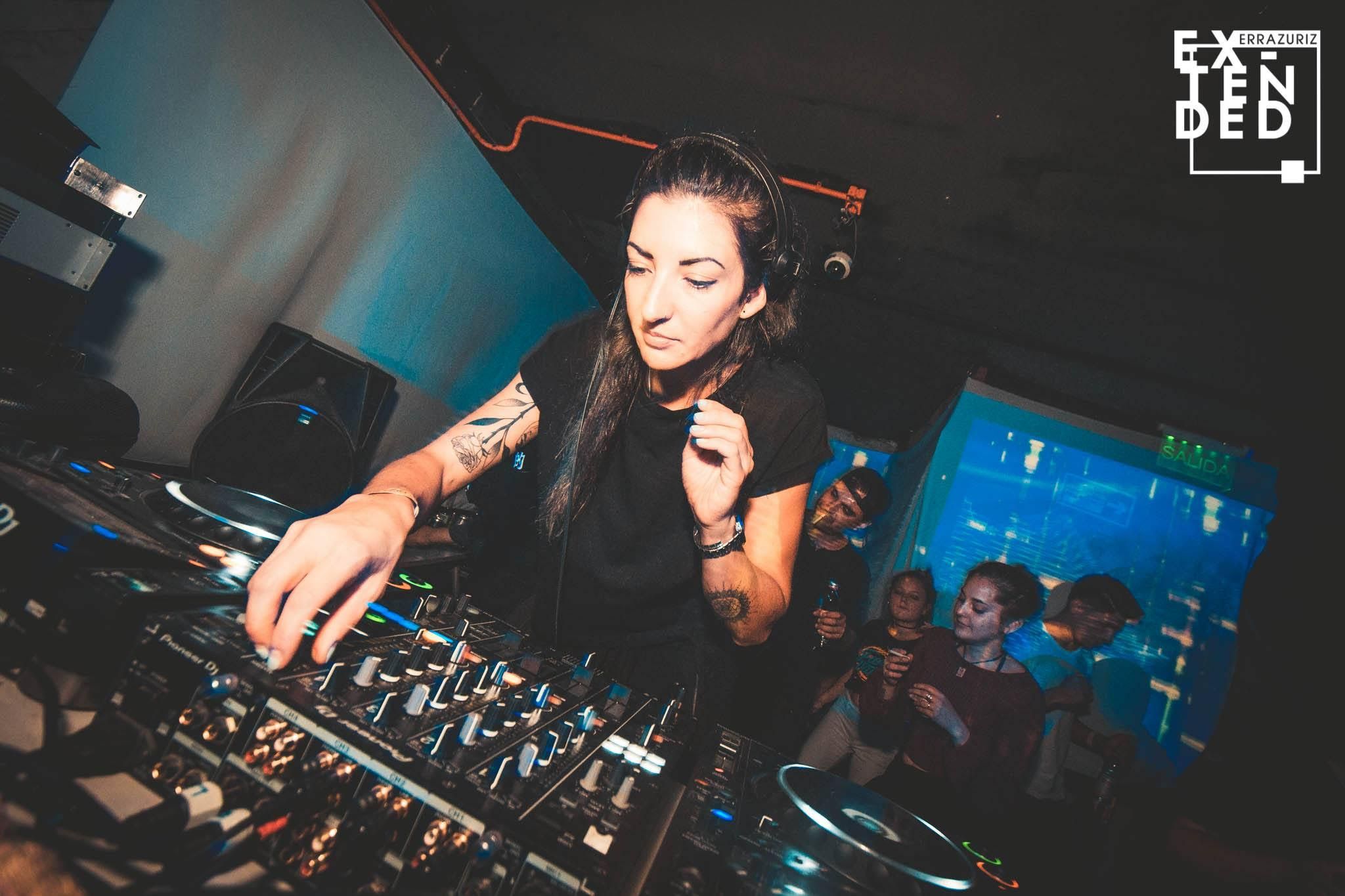
Juliet Fox: “I’m not sure it will be anytime soon – and I’m not being pessimistic saying that, it just feels like this is the norm now. It really depends on how this vaccine will roll out, or if they can do testing to enter into clubs or venues, which comes at a huge cost too. Maybe it is possible, but I’m not setting myself any expectations so when it happens, it will be a pleasant surprise for everyone involved.”
Kyle Geiger: “Personally, I don’t plan on getting vaccinated until next winter, and I’m a lot older than your average clubber, so by the time it reaches those in their 20’s, it could be a while yet. Not to mention the ethical questions that accompany it. Say I get the vaccine tomorrow – they don’t know if I can still spread the virus, they just know that I’m not as adversely affected by it. So, until we know for sure that we can’t spread it following the vaccine, should we really be touring? We are going to have to make difficult decisions… the safety aspect of taking gigs versus paying the bills, neither are good options. I wish I could paint this rosy optimistic picture, but with another winter coming up, I think the healthiest thing you can do is face reality and adjust accordingly.”
Sebastian Mullaert: “Dates keep getting pushed back, but my wish is things will open in September or October if vaccinations are rolled out. If touring starts again though, will the fees be reasonable, or will they be under-valued because there are so many artists after gigs? Will it be worthwhile? There is a lot to consider as and when normality begins to resume again.”
Unders: “In all honesty, I believe things will return to some form of “normal” during summer 2022. Obviously, I would like to see this happening sooner – but I don’t see how this will be possible with all the current restrictions, lockdowns, and stripped rights when it comes to human gatherings. I personally feel the culture industry will be one of the last ones to be able to resume business as we have seen in the past. I don’t see how authorities will let us gather with thousands at a festival or club. On a positive note, the Dutch Government announced a festival “guarantee” fund for all festival organisers who plan their festival from July onwards. Quite a bold move, and I’m already seeing a range of immense festival lineups emerge all over my feed.”
Marbs: “I’m staying optimistic for some time in 2022. I anticipate touring will ramp up a little with COVID-conscious events in the late summer or fall, and then continue through to winter. We’ll see what happens once winter hits and more people have the vaccine.
I try to just live day-by-day and not get too focused on when things will happen, because feels like watching water boil or waiting for paint to dry – the more you focus on it, the longer it seems to take. Having said that, I really hope things kick back on soon, I really miss traveling and playing music for so many incredible people. It’s a life source for me and many artists. Without it, there’s definitely a big hole missing in our lives.”
What do you envision a post-COVID touring world to look like?
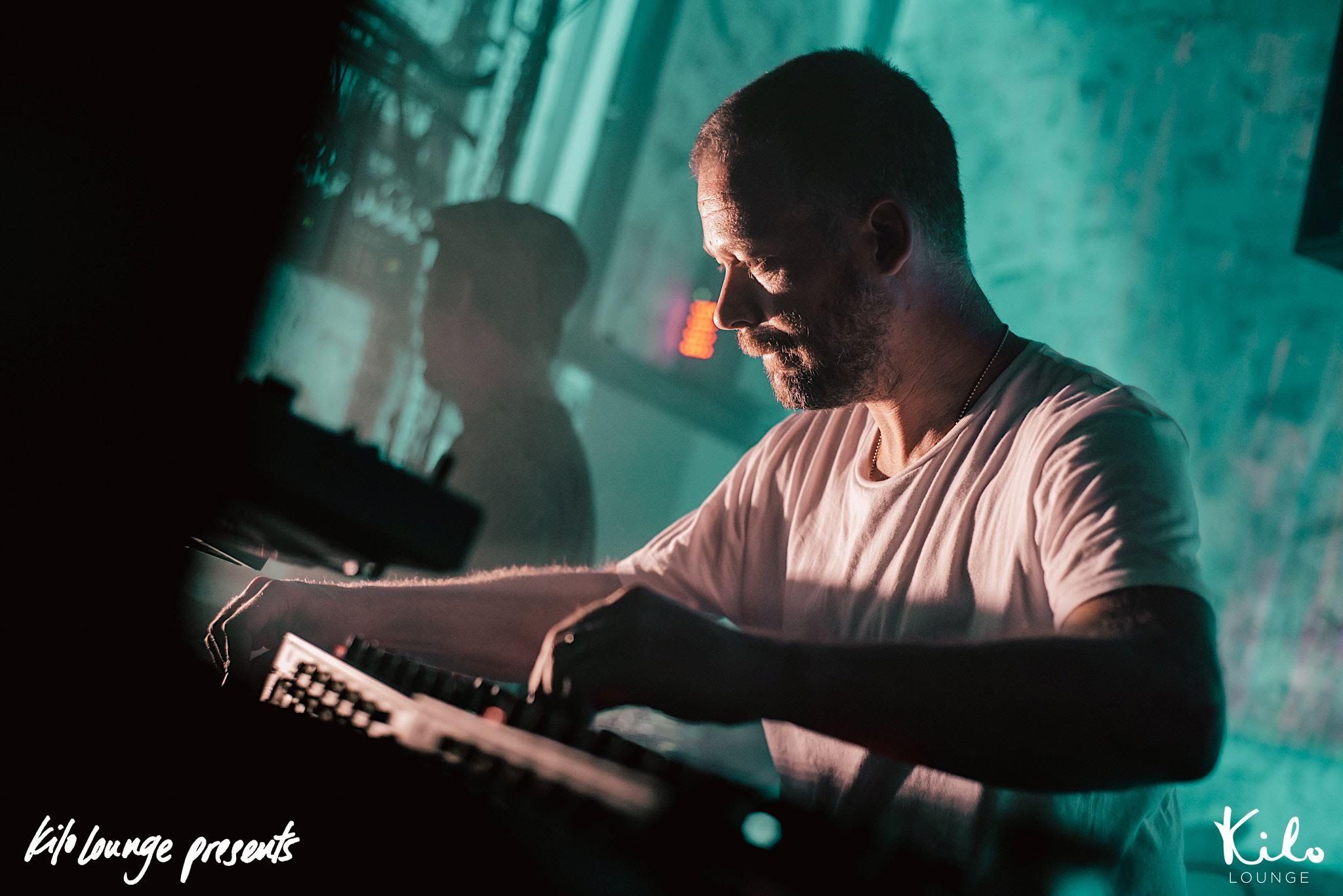
Juliet Fox: “Touring may not be touring as we used to know it. I anticipate it being more localised with talent from local scenes. Alternatively, if travel is reintroduced, artists should commit to three or four shows in that one country, instead of jumping straight onto the next flight, and having a purpose for those shows, like an album tour for example. I see things becoming more localised too. I’m quite excited to be a part of that again to be honest because I was barely even playing in Berlin, and I’d love to play more in Germany, and it’s neighbouring countries.”
Kyle Geiger: “I think, as DJs, we need to be a little more honest with ourselves, and ask what kind of unnecessary impact could we be having by resuming touring prematurely. I see playing locally as a very different, viable option as you can monitor them better. If Berlin DJs start travelling to other countries that have a completely different pandemic landscape compared to Berlin, then you are playing with fire – you could travel, catch the virus, and bring it back to a place that was safe enough to travel from. The local scenes approach seems a lot more practical on every level and they are healthier, too.”
Sebastian Mullaert: “I see it as an opportunity to do more things in one place, instead of jumping around different locations for multiple opportunities. Adding more depth to your tour dates with workshops, an education perspective, maybe jam and record music with local artists, sleep concerts… the potential of possibilities are there. Going deeper on special experiences with the same audiences, and the need to travel will be less. This is something I dream about – but I also think something radically important was ripped away from humanity when we couldn’t meet one another. We are one tribe, one planet – and coming together in unison on the dance floor is an integral part of that.”
Unders: “If 2021 has taught us anything, it is the value of human experience and connection. The way that we design experiences pre-and-post-COVID are very different. We have to adapt to how we gather. There will be more focus on localising things, and bringing the experience to communities to people who can’t travel.
For the past two years, my Happy Camper Family and I have been working on a plan to find a touring alternative for artists with creativity, healthy living and sustainability at the core. By developing a mobile convoy with all the amenities to live a self-sustained existence, rigged to perfection to capture content. A place that will inspire sustainable and healthy living, and revert a large part of our year from air travel to being back on the road, and spending more time in between shows focussed on creating, collaboration, self-care and educating myself and the audience I engage with on shit that really matters.”
Marbs: “I imagine the vaccine will be needed for travel, especially internationally. I also anticipate that many events will either test, or require some proof of the vaccine too (which is happening now in some cases). I have no idea, but that’s what my gut is telling me. Seeing some areas open back up over the last year shows that people will go right back into the energy though, and I think with time and patience, that COVID will be a story we tell and things will feel ‘normal’ again.”
What changes would you like to see in touring post-COVID? What new standards would you like to be put into place?
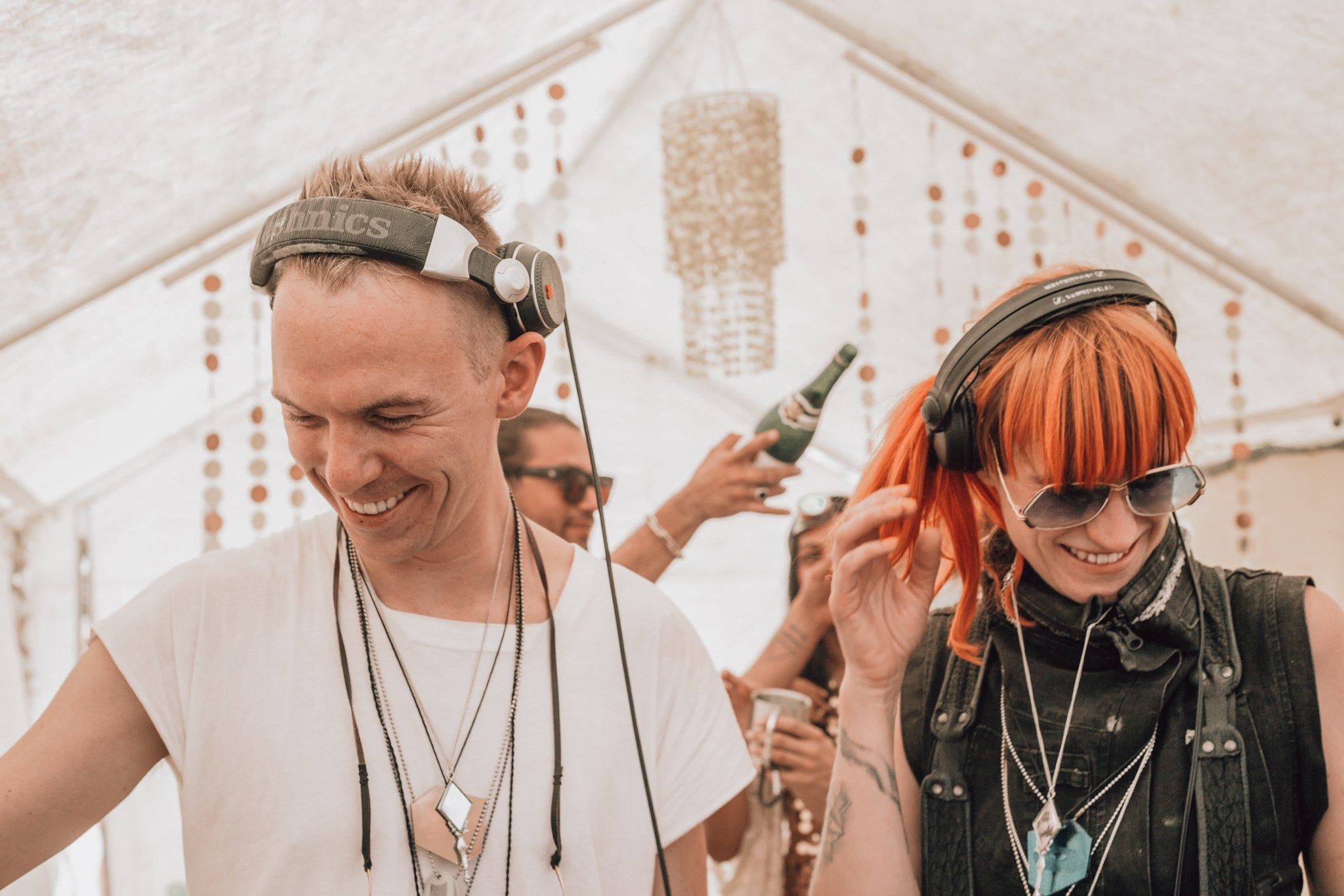
Juliet Fox: “I think there needs to be more organisation when it comes to limiting venue capacity. I remember going to some parties when you are literally pressed up against others; there is zero dancing space and it becomes difficult to move. The dynamics have changed drastically now… gone are the days of sweat on sweat, and sharing drinks together. Clubbers will need to be more considerate with hand sanitising, social distancing etc. I’d also like to see more original concepts coming forward in terms of parties, and more opportunities for middle-to-lower tier level artists as this will install more balance within the industry.”
Kyle Geiger: “We should be more conscientious in how our decisions will affect others. Not just people you see in front of you, but people down the road too who don’t get a say in our decisions. I would like to see a little more honesty in that discussion. COVID is far from over, but some parties are already being promoted as COVID-safe. It’s just a lie… it’s like saying it is a healthy cigarette. Yes, the risks have been mitigated as much as possible, but it is still not safe from COVID. The wording really matters here and I think artists, promoters and clubbers need to confront these things with an honest dialogue.”
Sebastian Mullaert: “I would like to play a little less often, and contribute to others more often in doing so by giving them more opportunities.”
Unders: “We need to be more purposeful and responsible in our approach. I believe all artists, promoters, performers, and creatives need to think about how we can use our voice to catalyse our deeply devoted audience for good. This is an opportunity to be creative and re-evaluate how we socialise with each other, but have our gatherings contribute to the pressing challenges our extended communities face.
We should give back to the communities we visit, figure out together with promoters and organisers, how we can help those in need who don’t have the resources to make a change. Acknowledge the challenges the local communities & creative institutions face as a result of the pandemic. Not merely a gig for which we fly halfway around the world. There are more pressing matters that can benefit from the help of our loving community and fanbase. Plastic waste being one of them. Handing out 10,000 water bottles at every event is no longer acceptable, and cannot be ignored.”
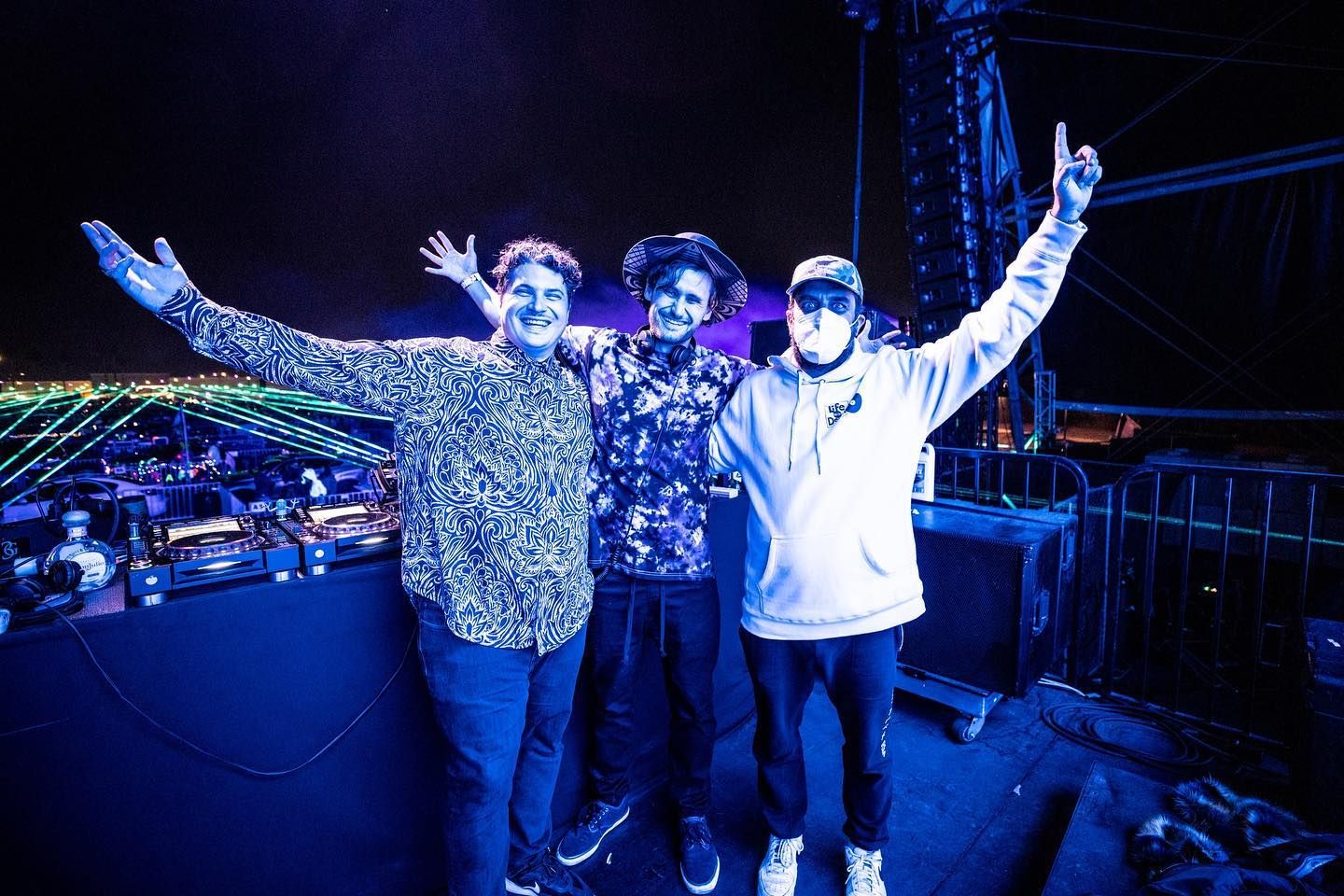
Marbs: “I hope that venues, promoters, artists and patrons will be patient and do their part as we open things back up to make everyone feel comfortable, and to create a space to heal and celebrate all that we’ve overcome. I think it’s perfectly fine for us all to crowd into a space and be free from these borders and walls that COVID created, as long as we do the legwork to make it stable and safe again. We won’t be able to get to that point unless everyone becomes conscious about themselves and how they’re affecting others. I think that’s something to live by, even without COVID. 2020 has really taught us that we, as a world, need to act and behave in a way that’s healthy – both physically and mentally, for everyone.”
As restrictions on life start to ease and festival lineups begin to be unveiled for 2021, a spark of hesitance no doubt still looms in the air while we return to the world we used to know. However, shining brightly amidst all the uncertainty is a rising sun with a renewed perspective, and one which highlights opportunities and possibilities, despite everything we have experienced this past year.
Reimagining proceedings from both an ethical and mental aspect, a spotlight focus has been placed on things like nurturing local scenes, addressing the pressing matters of plastic use and maintaining an honest dialogue when it comes to COVID-related matters. As an industry, 2020 really opened our eyes to the worldly concerns we had ignored for so long. Now, we now have the chance to use our voice, and consciously influence change within our communities forever.


